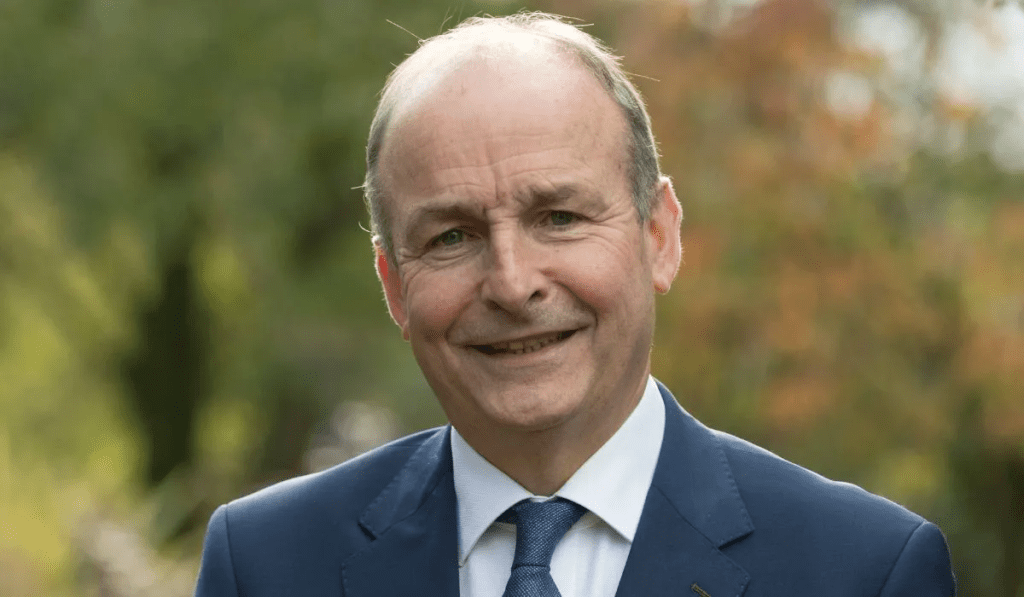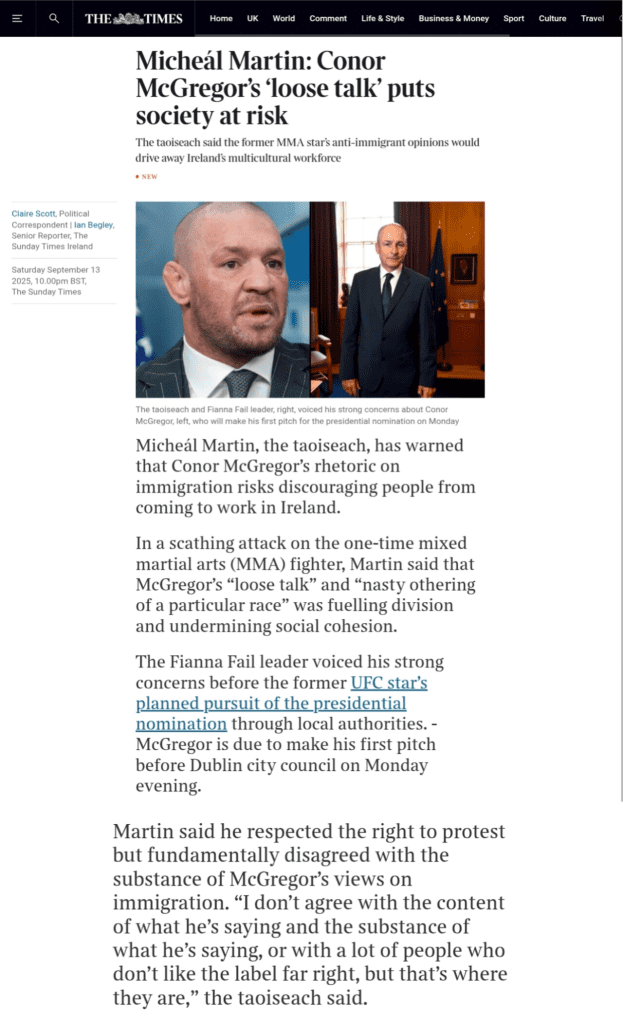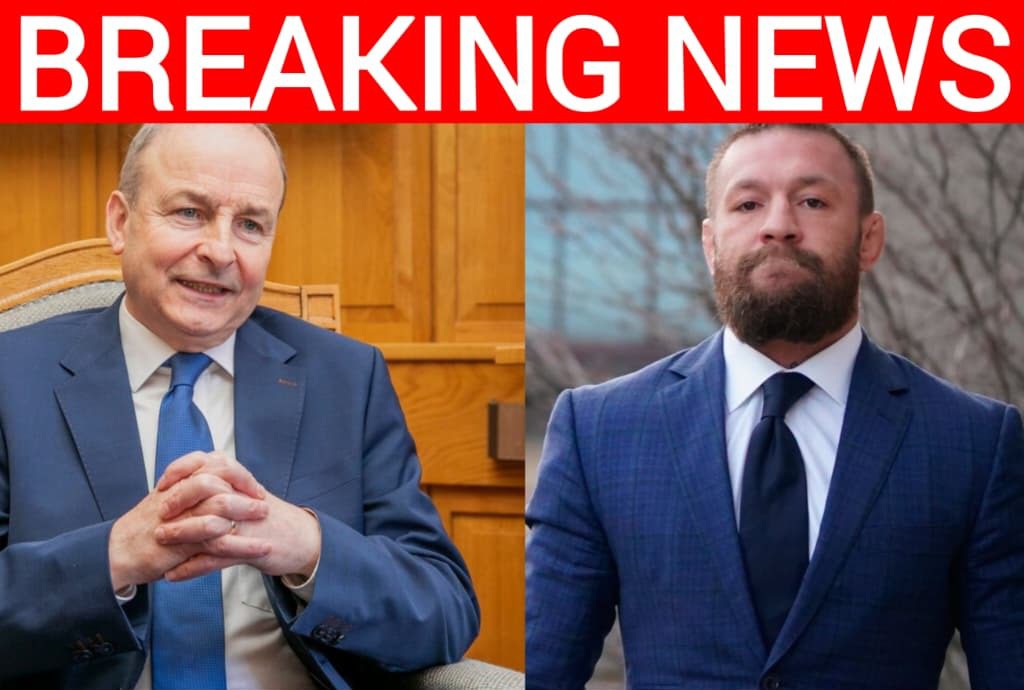Micheál Martin Warns Conor McGregor’s “Loose Talk” on Immigration Is Putting Irish Society at Risk
Ireland has always been a country where the past and the present clash in ways that shape its identity. In recent days, that tension has taken center stage after Taoiseach Micheál Martin publicly warned that Conor McGregor’s comments on immigration were putting Irish society at risk. For many, it was a startling moment—hearing the leader of the nation directly rebuke one of the country’s most famous sports icons, a man who once carried the Irish flag onto the world stage of mixed martial arts but who now carries far heavier political baggage.

Martin’s comments came just as McGregor prepared to take his first official steps toward a potential presidential run, with a planned pitch to Dublin city council. The timing made his words feel even more powerful, as if the government wanted to draw a clear line in the sand before McGregor’s political aspirations gathered momentum. Martin said that McGregor’s “loose talk” and “nasty othering of a particular race” were creating division and undermining social cohesion. He warned that anti-immigrant language could drive away the multicultural workforce that plays such a vital role in Ireland’s economy. It was a pointed reminder that Ireland, like much of Europe, relies heavily on migrant workers in industries ranging from healthcare to construction, hospitality, and technology.

Conor McGregor, of course, is no stranger to controversy. He built his fighting career on brash confidence, unfiltered remarks, and a refusal to back down. That same raw energy now fuels his political persona. Supporters say he speaks truths that many Irish citizens feel but are afraid to voice. Critics, however, fear that his words will embolden anger and resentment in a country still healing from decades of its own painful divisions. Martin, careful to respect the right to protest, nonetheless made it clear that he disagreed deeply with McGregor’s substance, saying that the former UFC champion’s rhetoric risked labeling entire groups in ways that were unfair and dangerous.

What makes this moment particularly emotional is the crossroads Ireland finds itself at. The country has seen immense change in the last two decades, transforming from a largely homogenous society into one of Europe’s more diverse nations. That transformation has brought growth and vibrancy, but also tension. When Martin warned that McGregor’s words could push people away, he wasn’t only talking about workers or statistics; he was talking about the fragile fabric of Ireland’s social life, about classrooms where children of different backgrounds sit side by side, and about workplaces where a mix of cultures contributes to Ireland’s future.
At the same time, McGregor’s popularity cannot be ignored. He has tapped into a vein of frustration among Irish citizens who feel that their concerns are brushed aside by traditional politics. For them, his message about putting Irish people first resonates strongly. They see him not as a polished politician, but as someone who rose from working-class Dublin to global stardom and now wants to fight for them in a different arena. That authenticity, whether one agrees with his views or not, is a powerful force in politics.
As McGregor moves forward with his presidential ambitions, Ireland finds itself on edge. The debate around his remarks is not just about one man’s words, but about what kind of country Ireland wants to be in the years ahead. Micheál Martin has made it clear that he views McGregor’s tone as dangerous. McGregor’s supporters insist he is the voice of a silenced majority. Somewhere between those two narratives lies the truth, and it will be up to the Irish people to decide which vision of Ireland they want to carry forward.


